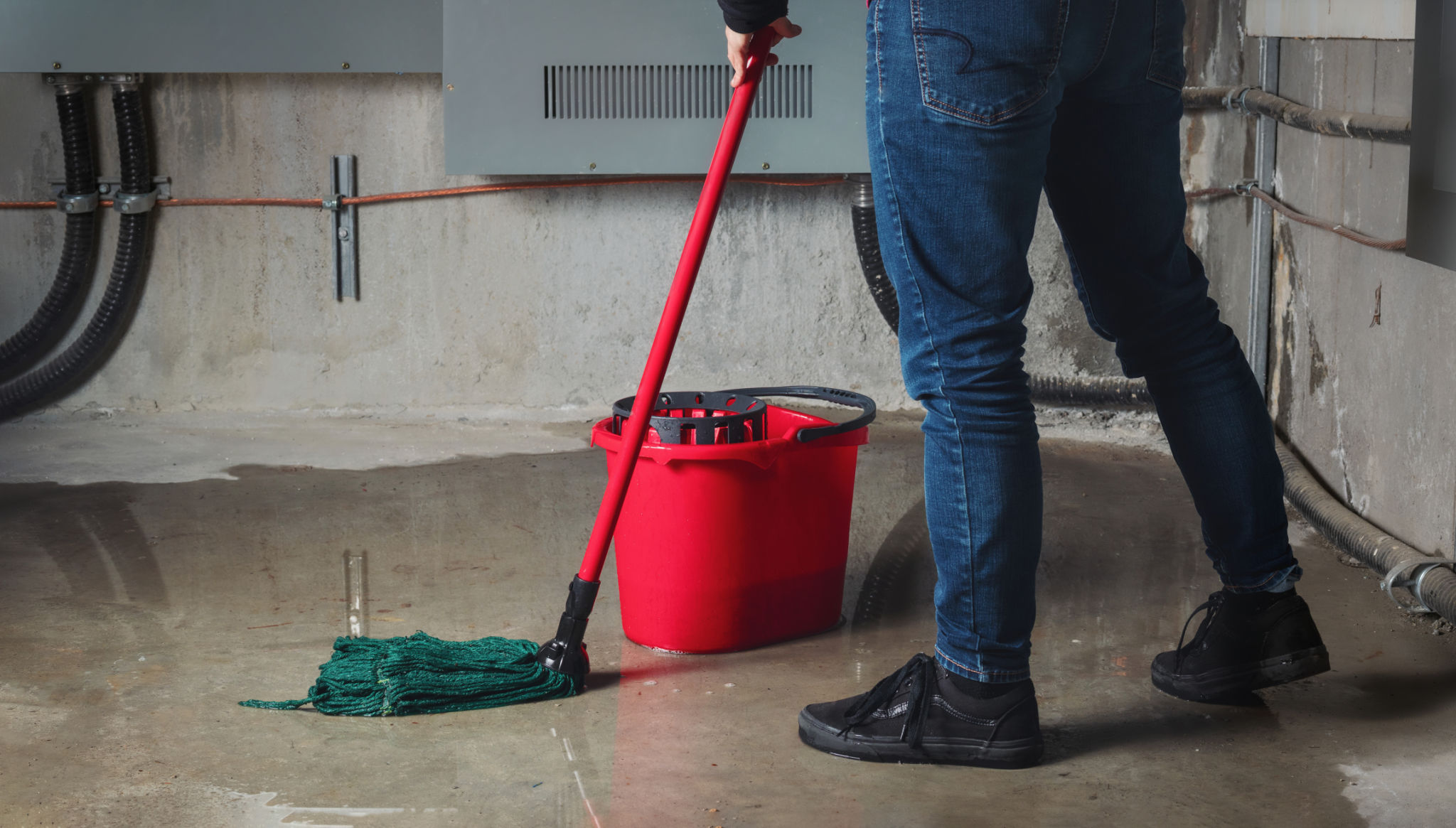Seasonal Water Testing in Phoenix: Preparing for Monsoon and Flooding
Understanding the Importance of Seasonal Water Testing
Water testing is a crucial aspect of ensuring the safety and quality of water sources, especially in regions prone to seasonal changes such as Phoenix. The monsoon season and potential flooding can significantly impact water quality, making regular testing essential for residents and businesses alike.
During the monsoon season, increased rainfall can lead to runoff that carries contaminants into water sources. This can affect both public water supplies and private wells, posing health risks if not properly managed. By conducting seasonal water testing, you can identify and address potential issues before they become serious problems.

Preparing for Monsoon Season
Why Monsoon Season Matters
The monsoon season in Phoenix typically runs from June to September, bringing heavy rains and thunderstorms. While this season is essential for replenishing water sources, it also introduces a variety of contaminants into the water supply. Sediment, bacteria, and chemicals from agricultural and urban runoff can all find their way into water systems.
Regular water testing before and during the monsoon season helps detect these contaminants early. This allows for timely interventions, such as water treatment or the installation of filtration systems, to maintain water quality and safety.
Steps to Take Before Monsoon Arrives
To prepare for the monsoon season, it is advisable to take the following steps:
- Schedule a water test: Contact a certified water testing service to analyze your water quality.
- Inspect your water sources: Check wells, storage tanks, and other water sources for any signs of contamination or damage.
- Install or update filtration systems: Ensure that your filtration systems are up-to-date and functioning properly.

Dealing with Flooding
Impact of Flooding on Water Quality
Flooding can have a severe impact on water quality by introducing a wide range of contaminants into water sources. Floodwaters often carry debris, sewage, and industrial pollutants, which can compromise the safety of drinking water. For residents in flood-prone areas, this makes water testing even more critical.
After a flood, it is essential to conduct thorough water testing to identify any contaminants that may have entered the water supply. This helps in taking necessary actions, such as boiling water or using disinfectants, to ensure that the water is safe for consumption.
Post-Flood Water Testing
Once the floodwaters recede, follow these steps to ensure your water is safe:
- Test your water: Use a certified water testing service to check for contaminants.
- Disinfect your water system: If contamination is detected, use appropriate disinfectants to clean your water system.
- Monitor water quality: Continue to test your water periodically to ensure ongoing safety.

Choosing the Right Water Testing Service
When selecting a water testing service, it is important to choose a certified and reputable provider. Look for services that offer comprehensive testing for a wide range of contaminants, including bacteria, chemicals, and heavy metals. Additionally, consider providers who offer personalized recommendations based on your specific water quality needs.
By partnering with a reliable water testing service, you can ensure that your water remains safe and clean throughout the monsoon season and beyond. Regular testing and proactive measures are key to protecting your health and maintaining water quality in Phoenix.